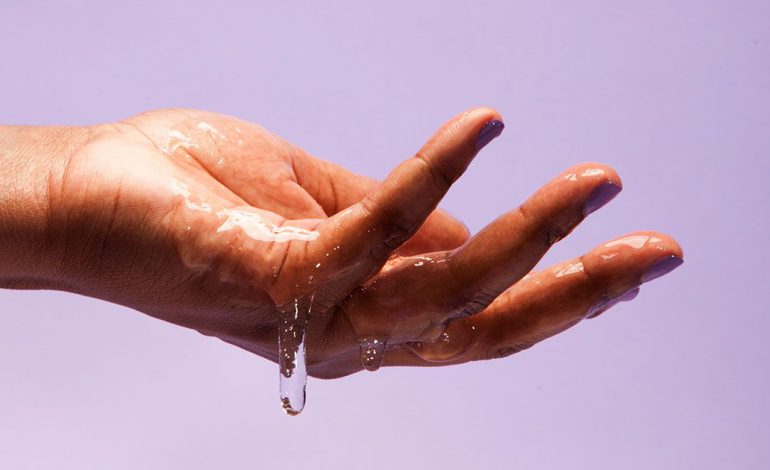Navigating the slippery slope with artificial lubricants
When you are aroused, your vagina self-lubricates. This makes the overall experience a lot more fun. However, your body may produce less lubrication, prompting you to go for artificial ones.


When you are aroused, your vagina self-lubricates. This makes the overall experience a lot more fun. However, your body may produce less lubrication, prompting you to go for artificial ones. Read on to find your way around the artificial lubricants
The vagina naturally produces its own lubrication which facilitates sex. Sexual intercourse without lubrication can be very painful and therefore if your natural lubrication is not enough, you can use artificial lubricants also known as lube to make your sexual activity easier and more fun. We give you a rundown on the choices you have.
Natural vaginal lubrication
Your vaginal tissue is naturally moist. The Bartholin glands and the cervix provide secretions and fluid which keep your vagina lubricated. During arousal, the glands will produce more fluid to reduce the friction.
Occasionally, vaginal dryness is absolutely normal. You are however advised to seek medical assistance when you experience chronic vaginal dryness. This can be caused by menopause or conditions such as vaginal atrophy, a condition which usually happens after menopause.
Once you start aging, the tissues of your vagina become thin. Also, during and after menopause, your body will provide less oestrogen. This reduction will see you producing fewer moisturising secretions, leaving your vagina a little bit dry. Once you experience this, your vagina may need more lubrication to enable you enjoy your sex life. This is where the artificial lube comes in.
When to go for artificial lubricants
Whether you are having sexual intercourse with your partner or simply just masturbating on your own, you may need artificial lube to:
Decrease painful frictionEnhance your sexual arousal by stimulating the flow of blood to your vulvaJumpstart your body to produce its own lubricationCreate a more pleasurable and easier way to an orgasm through lubricating the clitoris
Change of taste during oralsHelp maintain the elasticity of your vaginal walls, keeping the skin softReduce the temporary vaginal dryness that comes with changes in hormonal levels during pregnancy and also after child birthReduce vaginal dryness that comes with menopauseBoost your vaginal lubrication after a long session of sexual intercourse with your partnerReduce or stop the pain or itching caused when the sensitive vaginal tissue becomes very dry
How to apply your lube effectively
While there isn’t a general right or wrong when it comes to the use of lube, the following are the general steps you can consider when you want to use your lubricant effectively.
Spread a towel or lesso on a surface you will use to prevent staining.
Warm up the lubricant to a more pleasurable temperature by rubbing it between your hands before use for seamless integration with your body parts.
Include it as part of foreplay to increase both your arousal and your partner’s.
Apply your lube right before penetration.
Ensure both your vagina and vulva are sufficiently wet by being liberal during application.
Also, you might consider applying the lube to your partner’s penis or the sex toy you are using.
Keep checking how much lube you still have on as you go and reapply, as you need.
Always remember to start with small amounts, adjusting as you go.
This is the first part of a 2-part series on navigating the slippery slope with artificial lubricants. Check out part 2 here. If you love love, catch up with fun couples on our Couple Tag segment!
Disclaimer: This article first appeared on the November 2020 issue of Parents.





